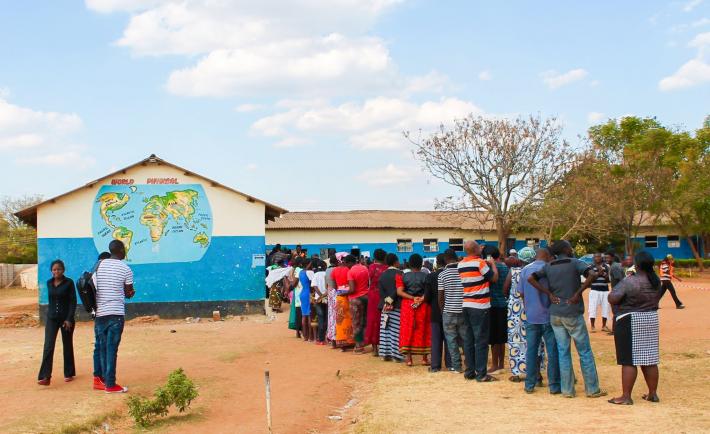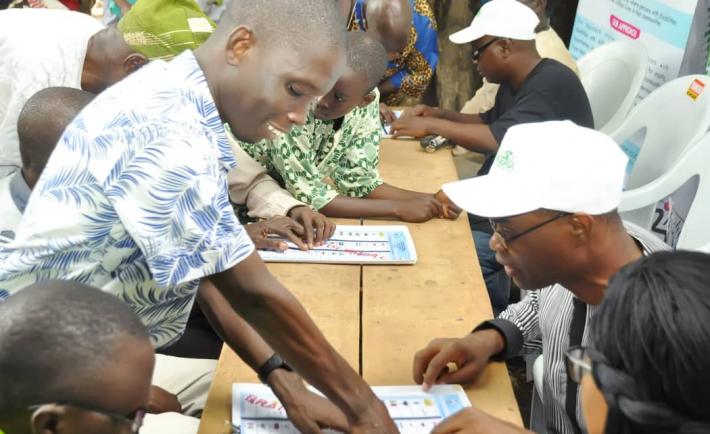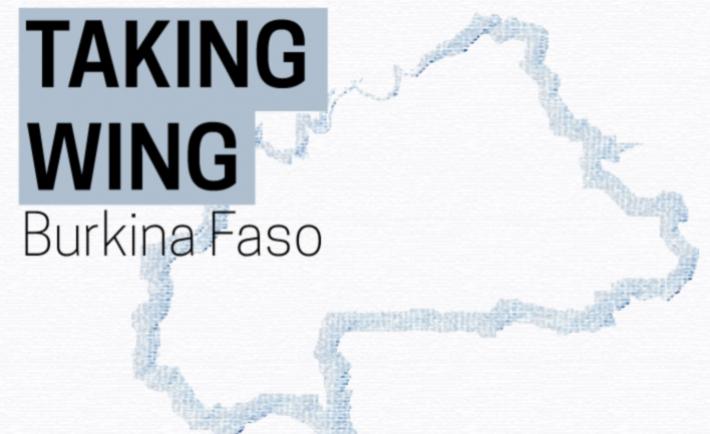What are the challenges of democracy and governance work and how you build inclusion, especially amongst youth? DemWorks is back at the US Institute of Peace to continue the discussion on the role of governance in the prevention of violence and to fight violent extremism. NDI’s Lauren van Metre is once again joined at the US Institute of Peace by activists Emna Jeblaoui (Tunisia), Jacob Bul Bior (South Sudan), Samson Itodo (Nigeria) and Aluel Atem (South Sudan).
How do you build inclusion amongst youth? (w/ Lauren van Metre)
Can Lebanon’s Parliament Evolve to Represent a New Generation?
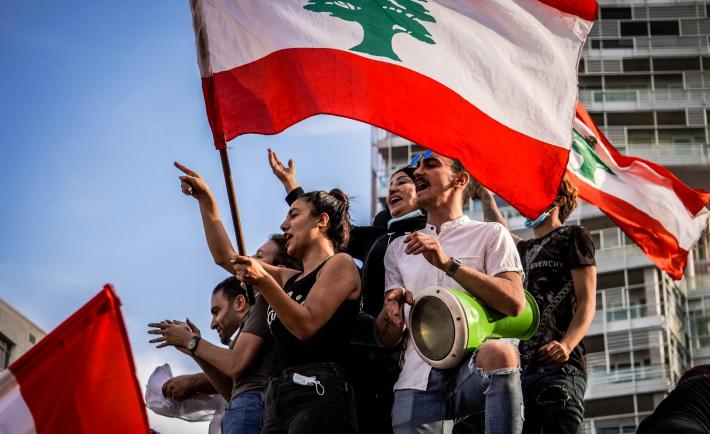
Feeling excluded from formal politics, young Lebanese have united with a new spirit of national identity and support for more responsive governance. Credit: Mohammad El Sabeh
Feeling excluded from formal politics, young Lebanese have united with a new spirit of national identity and support for more responsive governance.
NDI Partner Organizes Ukraine’s Largest Pride March
On June 23, NDI partner KyivPride joined other LGBTI groups in organizing the largest Pride march ever in Ukraine, gathering about 8,000 participants from across the country. The event marks a substantial step forward for Ukraine’s lesbian, gay, bisexual, transgender, and intersex communities, which remain largely marginalized in social and political life. The event took place during the active parliamentary election campaign and against a backdrop of targeted far-right activism that has resonated with only a small subsection of the Ukrainian public.
NDI Malawi Team Provides Support to Historic Presidential Debates
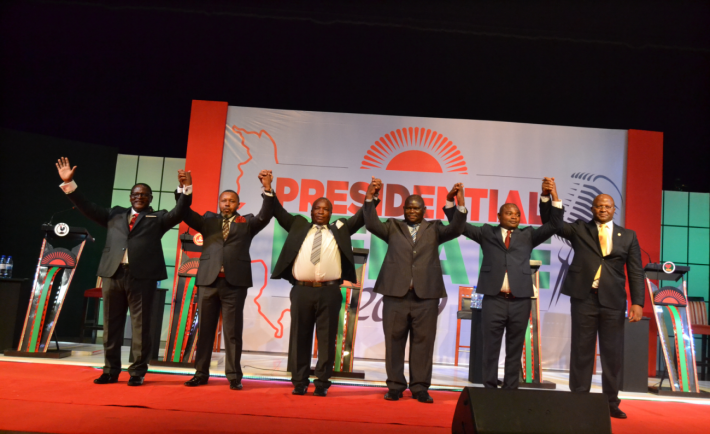
Six of eight candidates running for President in Malawi participated in the third presidential debate organized by the Presidential Debates Taskforce. NDI Malawi supported all three debates, which were live streamed on Facebook. (l-r) Lazarus Chakwera, Malawi Congress Party; Saulos Chilima, UTM; John Chisi, Umodzi Party; Reverent Kaliya, Independent; Peter Kuwani, Mbakuwaku Movement for Development; and Atupele Muluzi, United Democratic Front.
During the Malawi 2019 presidential campaign season, NDI played a key role in assembling a broad taskforce to organize, produce and broadcast a series of debates with presidential aspirants. This was only the second time since multi-party elections were first held in 1994 that candidates for Malawi’s highest office gathered on stage before a live studio and broadcast audience.
Inside the Cueva: My Experience Observing El Salvador’s 2019 Presidential Election
My seatmate pulled out her phone the moment our packed plane touched down in El Salvador three days before the country’s February 3 presidential elections. She began furiously scrolling through her Facebook feed, her face lit up with campaign slogans, articles and the smiling faces of candidates Nayib Bukele, Carlos Calleja and Hugo Martinez. Peering over her shoulder, I watched as she punched out a comment lambasting corrupt status-quo politicians. “El Salvador doesn’t need another leader who steals from us,” she typed. “Bukele deserves a chance.” The goal of my trip to El Salvador was to assist our local partners with a USAID-funded election-day observation. NDI supported a consortium of Salvadoran universities and a civil society organization, together called Observador Electoral 2019, to recruit, train and deploy 850 Salvadoran election observers to monitor a statistically representative sample of 700 polling stations nationwide.
Guinea-Bissau: Perspectives on the challenges of democracy and youth participation
One country, two decades of democracy, eight elections and eight presidents: Welcome to Guinea-Bissau and the challenges young people face for the affirmation of democracy.
Taking Wing: “In the land of blood and honey”
Freedom, equality and solidarity should not just be a catchphrase, but a guaranteed right to all citizens. After the horrifying events survived by today’s youth in Bosnia and Herzegovina, we learned the most valuable lesson: don't hate. In the country where war memories are still fresh, there are young people who do not want that to ever happen again. And at a very young age, I learned that I am equal and can determine my future. Following the return from my studies, I knew things were not how I wanted them to be in BiH. I didn’t like the fact that we are divided, that the unemployment rate is high and that only a few opportunities for youth exist. While some people tend to let things go and wait to see what happens, I did not want to be observer. I wanted to be a participant. I became involved in politics to stand up and make a change.
Taking Wing: Being a Peace Ambassador in Zambia
As young people from different political parties, we have learned that violence should not be part of us and we should denounce violence at all costs. We must use every opportunity and avenue to advocate for youth-sensitive policies and political space that provides respect for freedom of association, freedom of movement, freedom of the press and access to information. We must become aware of our rights and opportunities to participate in decision-making so we can continue to shape our futures together.
The Success of Nigeria's Inaugural Braille Ballot Guides
In advocating for strong democratic institutions around the world, it is easy to overlook the rich diversity of democratic traditions across nations. In the United States, presidential hopefuls descend on Iowa every four years to grill steaks for eager caucus-goers. In London, commuters tune to BBC Radio to hear the prime minister and opposition leader spar on issues of the day. And in Nigeria, voters press their thumbs into ink pads, locate the name and party of their chosen candidate, and leave a thumbprint to mark their democratic choice.
Taking Wing: Creating lasting change in Burkina Faso
There is a widespread belief among young people in Burkina Faso that the current political class lacks a credible vision that takes into account the aspirations of the nation’s youth. The only way to solve this is for young people to stand for election, and to propose new and alternative ideas for the development of our country. This is particularly true when it comes to the nation’s long-term economic well-being – which will affect the lives and futures of the nation’s young citizens the most. But youth are also concerned about other pressing issues, such as the independence of the judicial system and a lack of security from extremist groups (especially in the northern regions). There is no single, defining “youth issue,” nor is there a single youth perspective on the challenges our country faces. Young people must have seats at the table so that we can play an active role in building our own future.


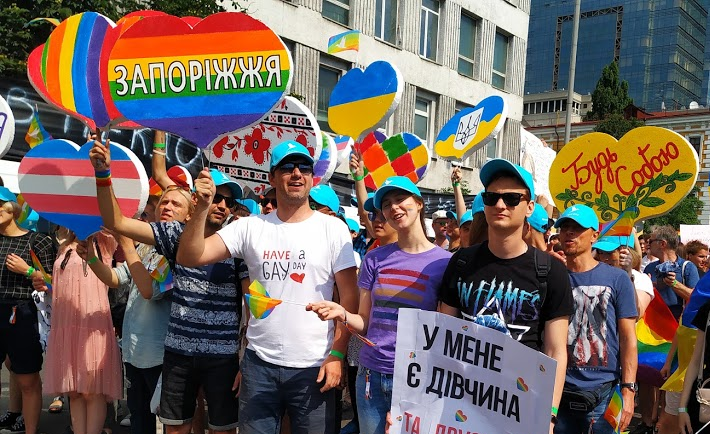
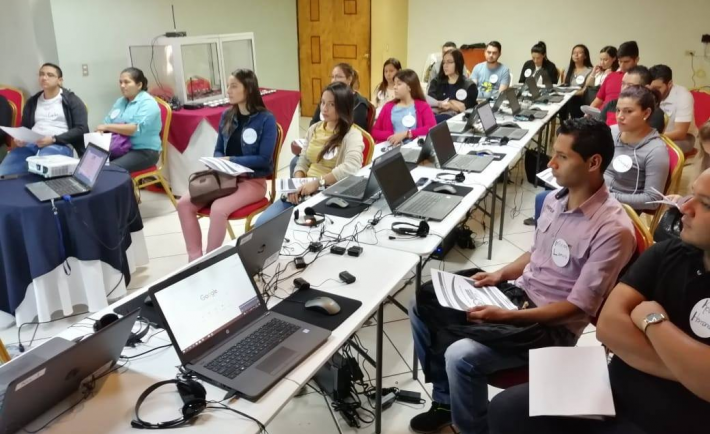
_1_0.jpg)
